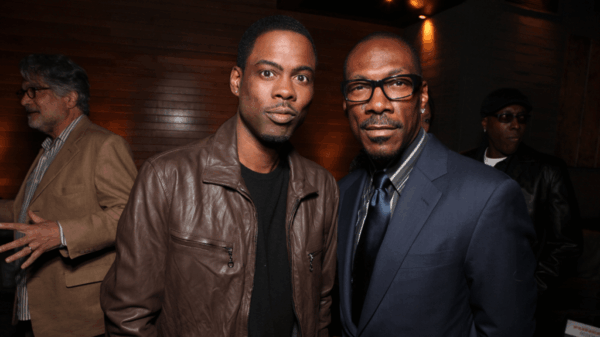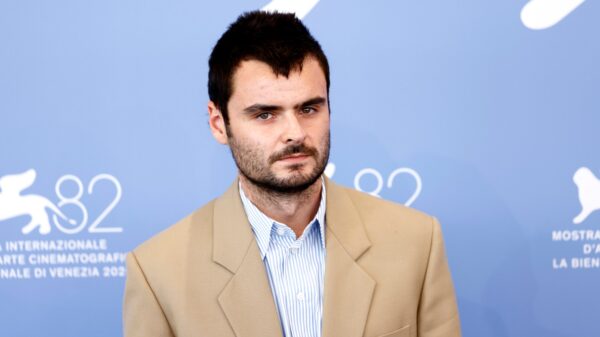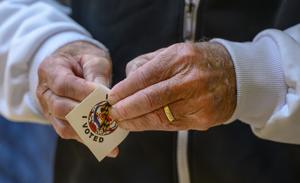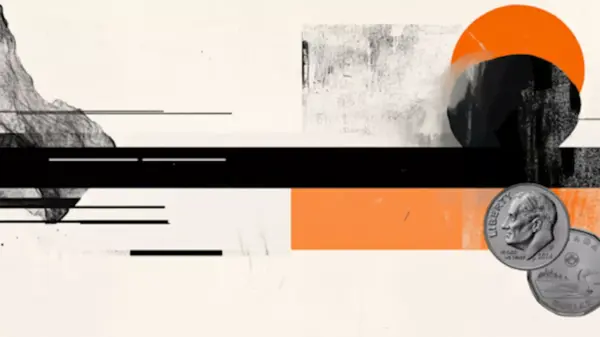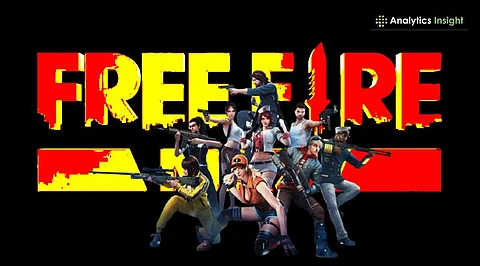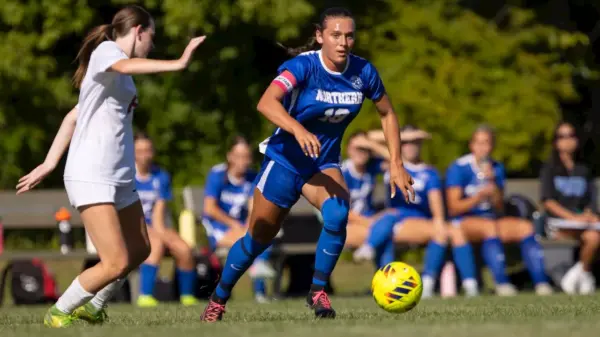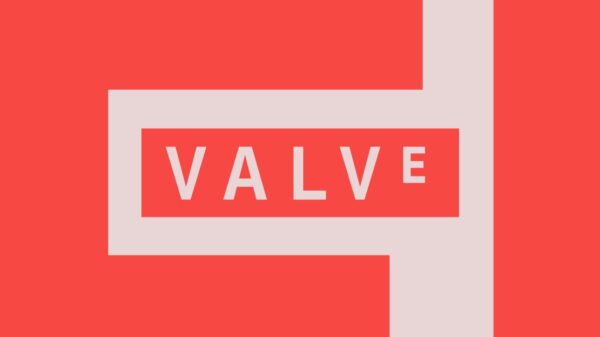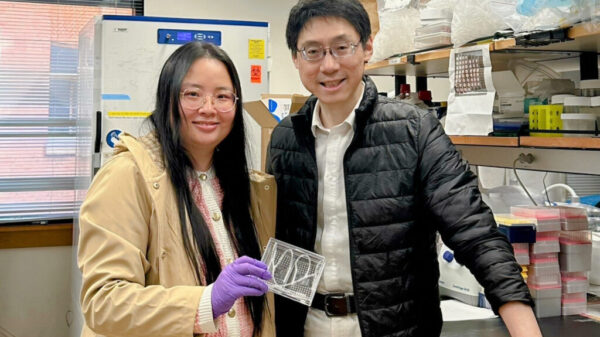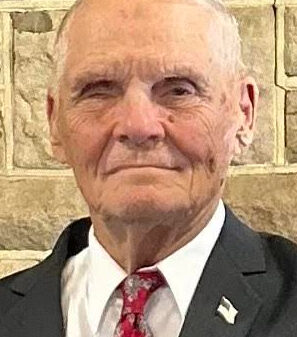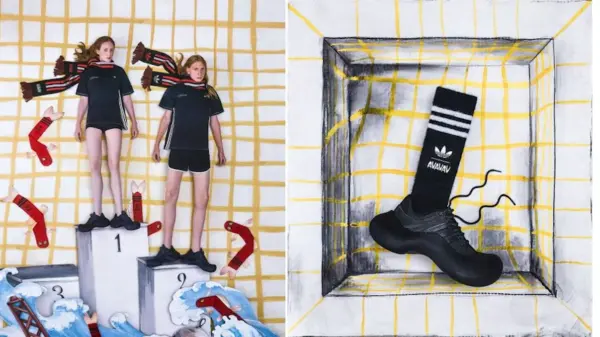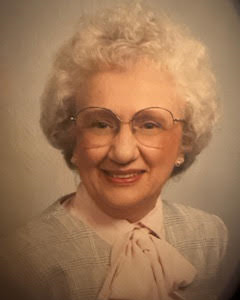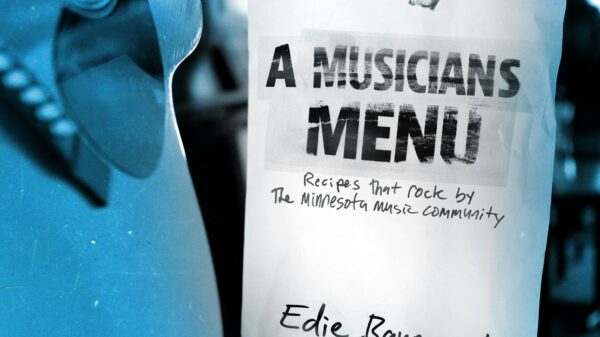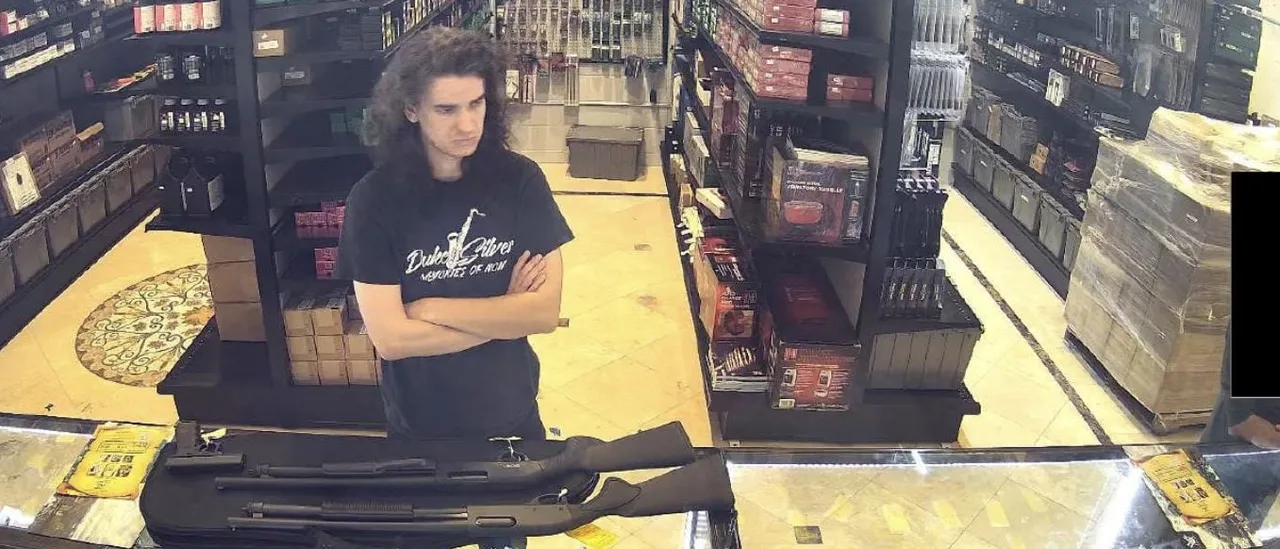After the arrest of Nicholas Roske for an alleged attempt to assassinate Associate Supreme Court Justice Brett Kavanaugh, his family has urged the court for leniency based on his transgender identity. Roske’s mother discovered a hospital discharge document in his suitcase bearing the name “Sophie Roske,” prompting her to speak on his behalf during a recent court hearing.
The government is seeking a 30-year prison sentence for Roske, who is currently using female pronouns and identifies as “Sophie,” as disclosed by his defense attorneys in a filing on September 19. The case is now in the hands of Judge Deborah Boardman, a Biden appointee, who faces a challenging decision regarding Roske’s fate.
During the hearing, Roske’s family described his struggles with mental health and identity. His mother shared with the judge that since his incarceration, they have had open discussions about his gender identity. She acknowledged how the complexities of Roske’s life began to unfold as he confronted personal challenges. The family emphasized that Roske’s actions should be viewed in light of his mental health struggles, suggesting that he bore less responsibility for the attempted assassination due to the turmoil he was facing.
In a letter to the court, Roske expressed remorse for his actions and reflected on the political violence that has permeated American politics. He attributed his violent thoughts to a period of suicidal ideation and a lack of access to therapy during the COVID-19 pandemic. “The idea of committing violence would never have occurred to me if I had not been suicidal,” he wrote. Roske revealed that he had been prescribed medication but stopped attending therapy sessions when they shifted online.
Roske’s family provided context around his mental health journey, revealing that he began questioning his gender identity during the pandemic. His father recounted how Roske moved out to a communal living space before returning home, during which time he struggled to find work and began substitute teaching. Friends of Roske painted a picture of someone grappling with “nihilistic worldviews” and disillusionment with his conservative upbringing.
In court records, it was noted that Roske had been engaging with online communities under the name “Sophie42#6535,” where he shared his mental health struggles and mused about the implications of a Supreme Court justice’s death. One friend, identified as John, expressed deep empathy for Roske, stating, “Both of us, on our individual quests for moral truth, have had to confront the ugly hypocrisy that is the American church.” He suggested that Roske’s decision to refrain from violence indicated a desire to reclaim his moral compass.
Roske’s sister, who identifies as gay, highlighted the changes in their family’s attitudes toward the LGBTQ+ community, noting their parents’ attendance at support meetings organized by PFLAG. She asserted that these shifts in acceptance have also extended to Roske’s identity. She voiced concerns about the potential consequences of Roske being placed in a men’s prison, particularly regarding access to gender-affirming care.
In his letter to the judge, Roske mentioned that he has been receiving hormone therapy while detained. He noted a significant shift in perspective when he arrived at Kavanaugh’s neighborhood on June 8, 2022, where he contemplated his actions. He had called 911, indicating that he was outside Kavanaugh’s home with a firearm and had intentions of taking his own life. “I had become so focused on the effects policy has on people that I forgot the judges and politicians making policy are real people too,” he explained.
Roske pleaded guilty to the charges in April, and his sentencing is scheduled for Friday. As the judge deliberates, the case raises broader questions about mental health, identity, and the consequences of political violence in the United States. The family hopes that Roske’s circumstances will lead to a more compassionate understanding of his actions and a reconsideration of the lengths to which individuals may go when grappling with personal and societal pressures.





